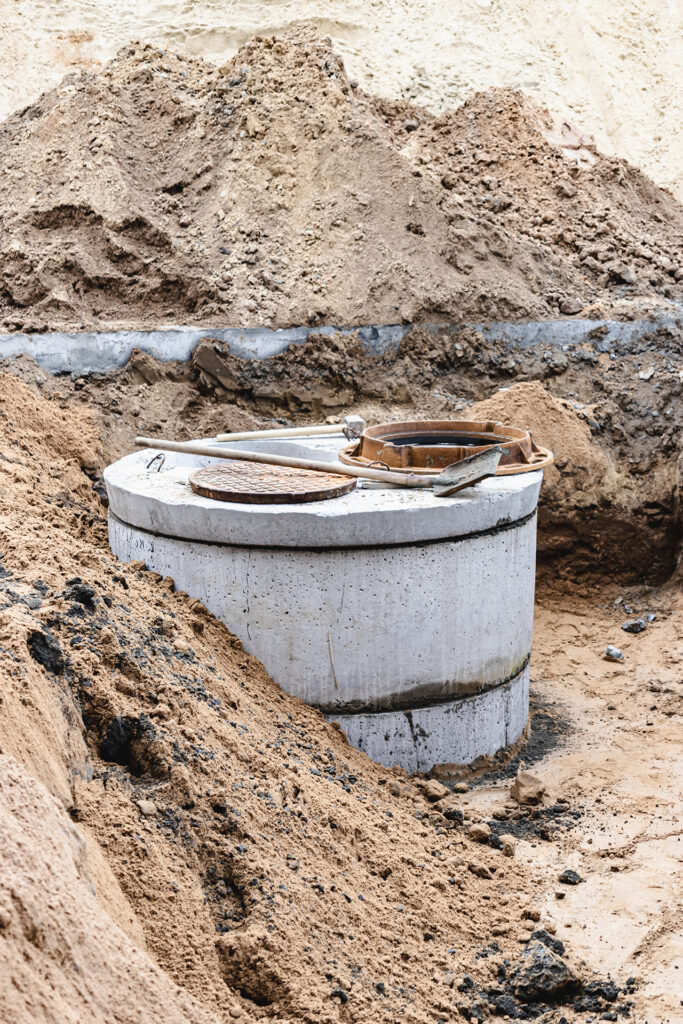Choosing the best wastewater treatment system depends on several factors, including the type of wastewater being treated, the volume of wastewater, the location of the treatment facility, and the intended use of the treated water. Generally, the best wastewater treatment system is one that is effective in removing pollutants, environmentally sustainable, and cost-effective.
There are several wastewater treatment systems available, including physical, chemical, and biological treatment processes. Physical treatment processes include screening, sedimentation, and filtration, which remove large particles and suspended solids from the wastewater. Chemical treatment processes involve the use of chemicals such as chlorine, ozone, and UV light to disinfect the wastewater and remove pollutants.
Biological treatment processes, on the other hand, utilise microorganisms to break down and remove organic matter and pollutants from wastewater. There are several types of biological treatment processes, including activated sludge, trickling filters, and anaerobic digestion.
Activated sludge is a widely used biological treatment process that involves mixing wastewater with a mixture of microorganisms in a tank or basin. The microorganisms feed on the organic matter in the wastewater, breaking it down into simpler compounds. The resulting effluent is then clarified through sedimentation or filtration before being discharged.

Trickling filters are another type of biological treatment process that involves passing wastewater through a bed of rocks or other media that are colonized by microorganisms. The microorganisms in the media feed on the organic matter in the wastewater, breaking it down into simpler compounds. The effluent is then clarified before being discharged.
Anaerobic digestion is a biological treatment process that involves breaking down organic matter in the wastewater in the absence of oxygen. The process produces biogas, which can be used as a source of renewable energy, as well as sludge that can be further treated and used as fertilizer.
Currently, there are also emerging technologies such as membrane bioreactors and constructed wetlands that offer effective and sustainable wastewater treatment solutions.
Ultimately, the best wastewater treatment system depends on the specific needs of the facility and the community it serves. Factors such as cost, effectiveness, sustainability, and regulatory compliance must all be taken into consideration when selecting a wastewater treatment system.
Want to learn more? or looking for a septic system that best suits your home or business? Get in touch with Septic System NSW and let us help you get the most out of your new wastewater treatment.

